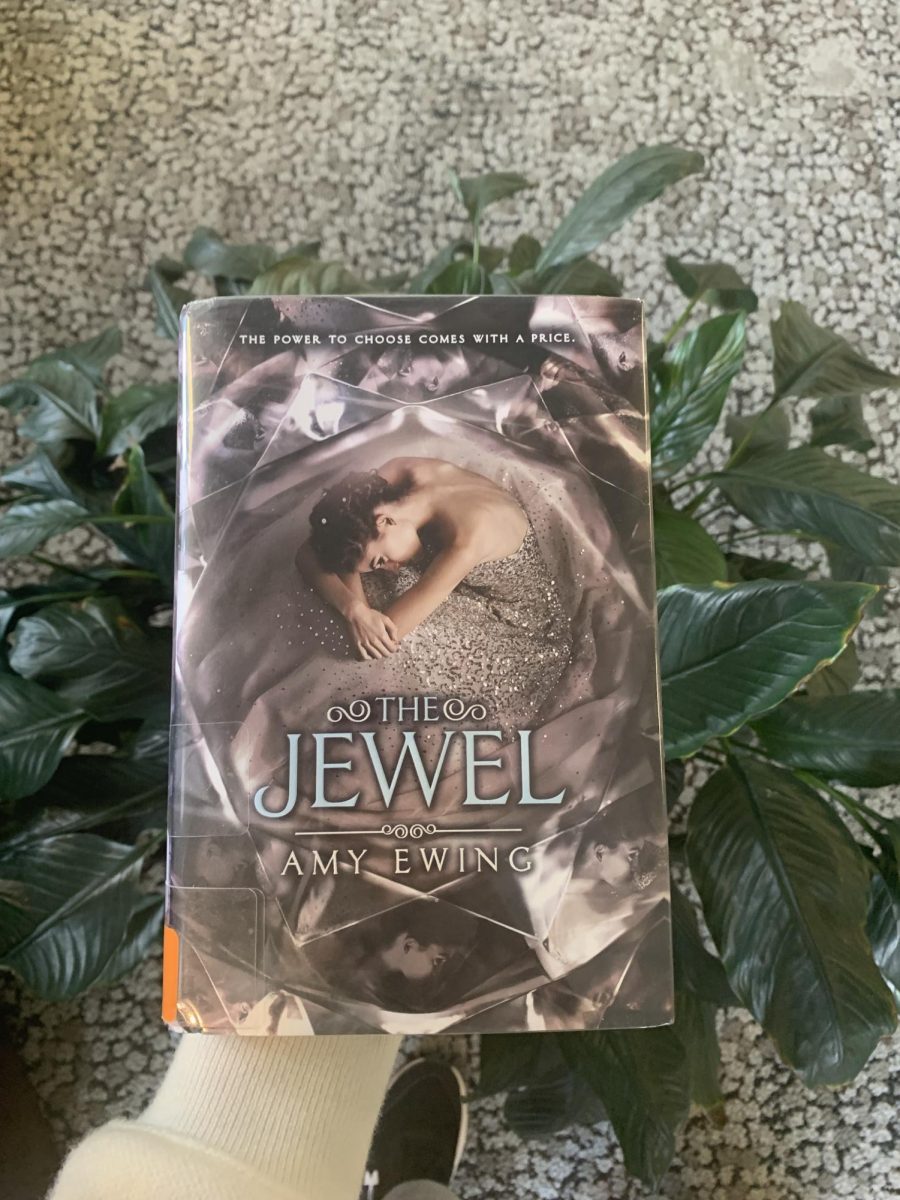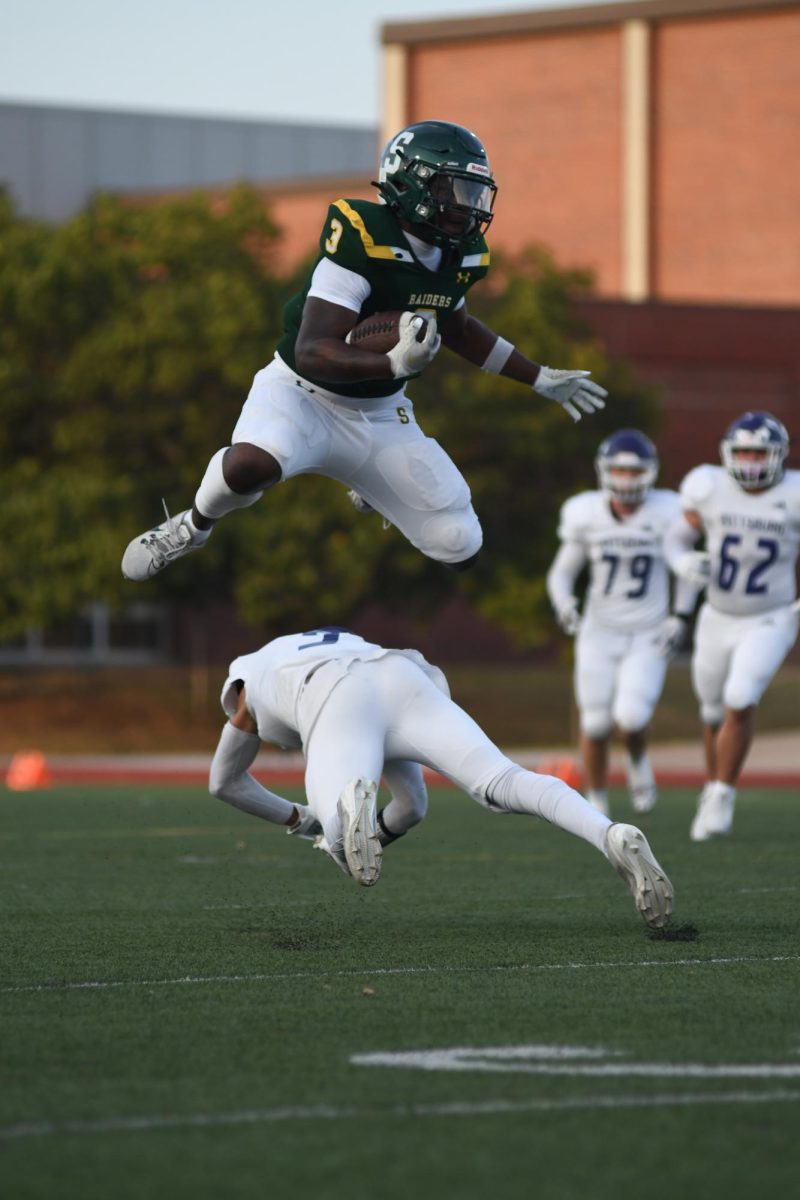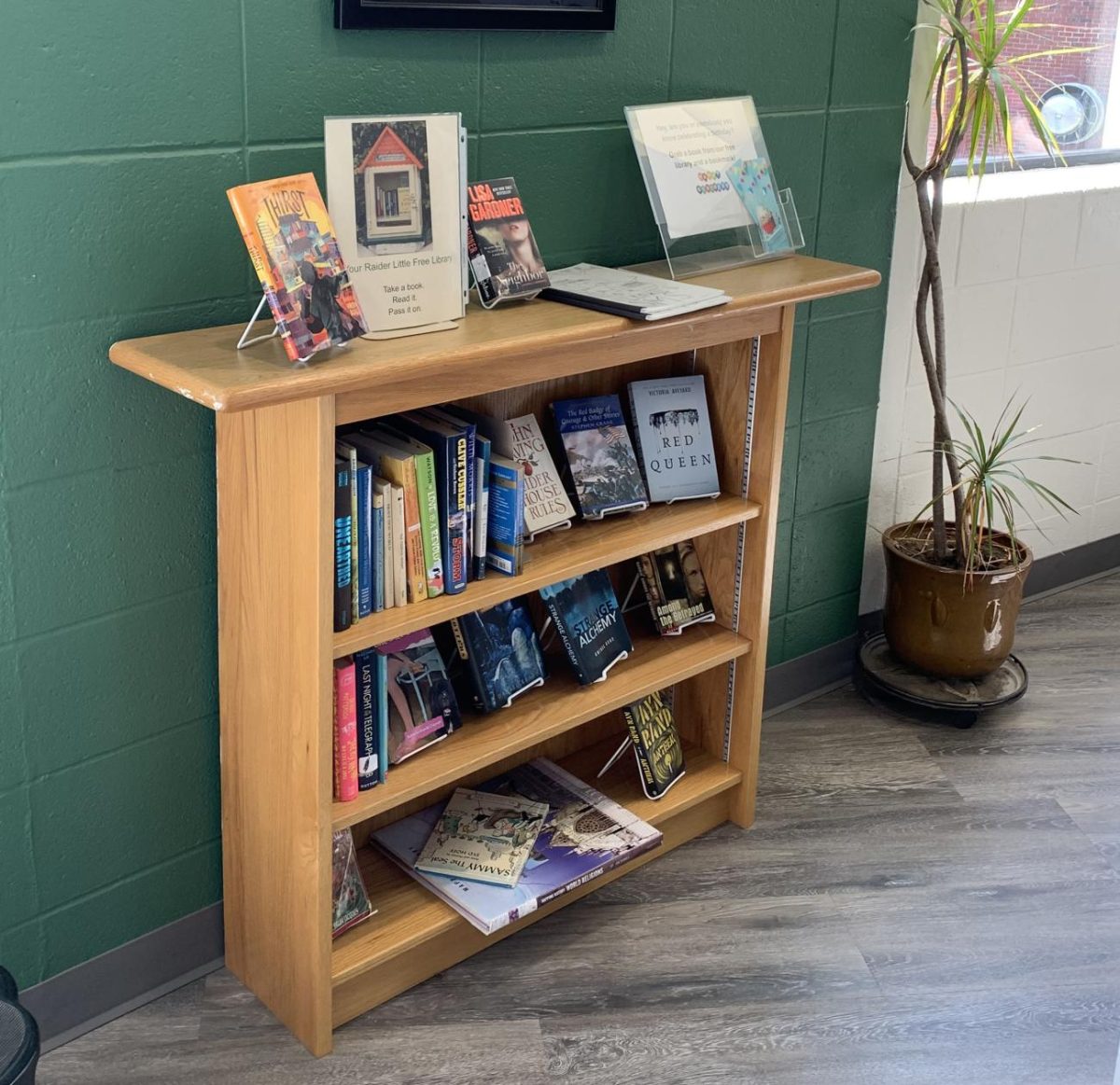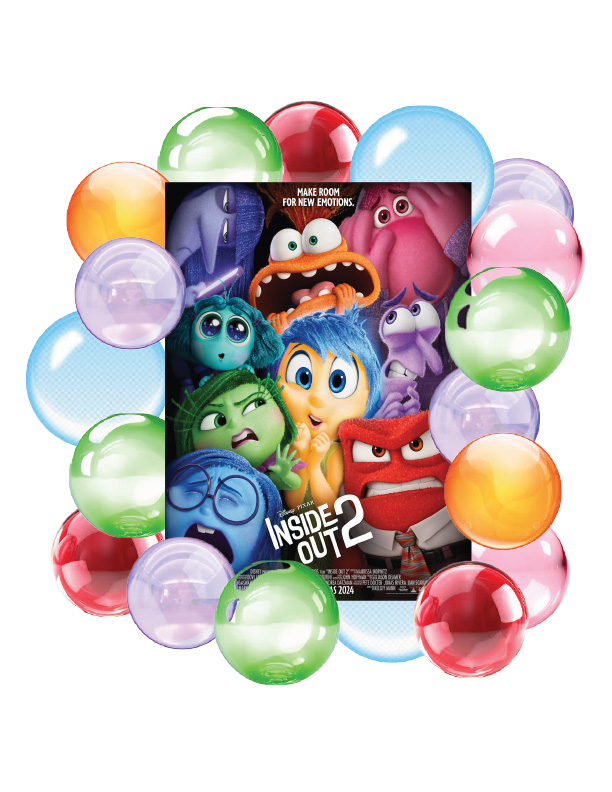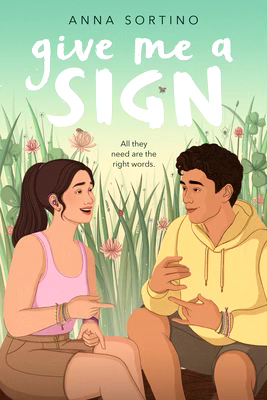
Lilah has always been out of the loop. Her hearing loss cuts her off from the world around her, and her hearing aids aren’t ever going to make up for that. But she’s been raised by two hearing parents who always figured it would be easier for her to try to pass as hearing, so she does her best.
The author, Anna Sortino, is Deaf herself, and clearly coming from a similar point of view to Lilah’s. The book opens with several scenes to set up for a hearing reader how hearing loss can affect a person’s life in little ways and big ones, and gets in some good foreshadowing while they’re at it. During one of these scenes, Lilah decides spontaneously that she is going to apply to be a camp counselor at Camp Gray Wolf, the Deaf camp she went to as a kid.
Her introduction to camp is a little awkward, with some familiar faces and some new, including a hearing influencer named Mackenzie who Lilah doesn’t like and is (of course) assigned to partner with. Lilah commits several social faux pas, most of them related to her incomplete understanding of Deaf culture, and meets a cast of fellow counselors & camp employees, including a pair of cute lifeguards who are inexplicably British.
The two biggest plot threads are the camp’s financial struggles and Lilah’s tentative romance with Deaf senior counselor Isaac. The financial struggles are a consistent tension in the background, rising to the fore on occasion and reminding Lilah and readers that this may be the last summer she gets here.
They also cause one of my least favorite scenes in the book, where Lilah asks Mackenzie to promote the videos the counselors have made of kids talking about why Camp Grey Wolf matters to them. Lilah got Mackenzie in trouble, just a few pages earlier, for recording campers, then turned around and suggested these videos. The scene is a perfect opportunity to flesh out Lilah’s imperfections and develop Mackenzie as a character with her own issues, but Sortino writes it as if Lilah is completely in the right and Mackenzie is just a bad person.
This bias holds throughout the book – there’s an undertone of frustration with the hearing people Lilah interacts with. Almost every scene involving non-Deaf people is in some way negative, none more so than the climax of the story. Sortino’s personal experience comes through in a less negative way, though, in her writing style. Lilah’s hearing loss means that dialogue descriptions focus more on volume and enunciation than tone and inflection, which makes for an interesting reading experience. If a character is facing away from Lilah or speaking quickly, that’s much more relevant to her than whether someone sounds frustrated or excited. But emotions still have to come through somehow, and Sortino shows this with body language and more importantly, sign language, emphasizing the way in which a character is signing as a marker of emotion.
At the end of the day, “Give Me a Sign” is a camp romance novel about Deaf kids. While romance is not typically my thing, the extra dimension added by Lilah’s hearing loss was interesting, and I enjoyed learning more about Deaf culture and community. If you enjoy young adult romance, you’ll probably like it.

